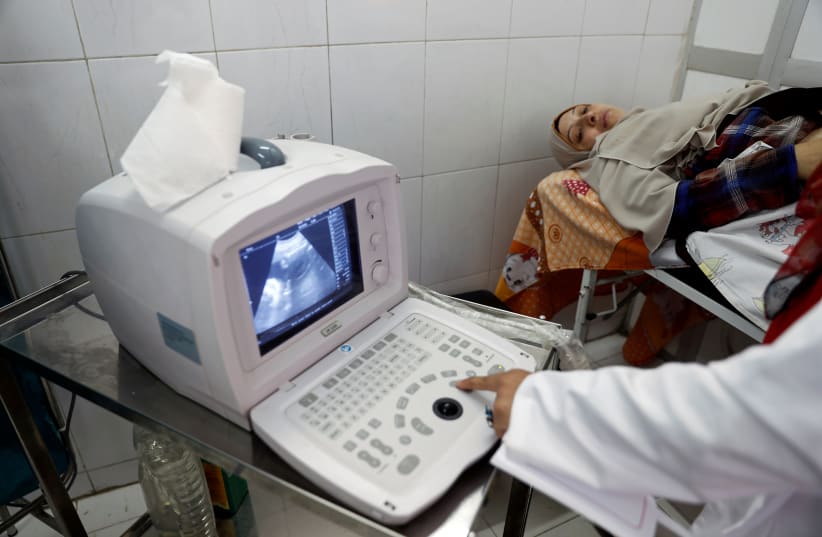The ongoing study among the city-state's public hospitals adds to international efforts to better understand whether the infection can be transferred during pregnancy, how babies develop antibodies in the womb and whether they offer an effective shield against the virus.
A Singaporean woman, infected with the coronavirus in March when she was pregnant, told local newspaper the Straits Times that doctors said her infant son had antibodies against the virus but was born without the infection.
"It is still unknown whether the presence of these antibodies in a newborn baby confers a degree of protection against COVID-19 infection, much less the duration of protection," said Tan Hak Koon, chairman of the Obstetrics and Gynaecology division at KK Women's and Children's Hospital.
KK is one of the hospitals involved in the study of infected pregnant women in Singapore, details of which surfaced after the case of the baby born with antibodies was made public.
The National University Hospital, another hospital involved, said the study aims looks at the effects of COVID-19 on pregnant women, their fetus and outcomes after delivery.
The World Health Organisation says while some pregnant women have an increased risk of developing severe COVID-19, it is not yet known whether an infected pregnant woman can pass the virus to her fetus or baby during pregnancy or delivery.
Doctors in China reported the detection and decline over time of COVID-19 antibodies in babies born to women with the coronavirus disease, according to an article published in October in the journal Emerging Infectious Diseases.
While there is evidence that transmission during pregnancy is rare, a small study in Italy suggested that it is possible, according to research published in the Nature journal in October.Other studies have shown COVID-19 antibodies can be passed to a child via breastfeeding, while KK's Tan said there was evidence they could pass during pregnancy through the placenta to the baby.
